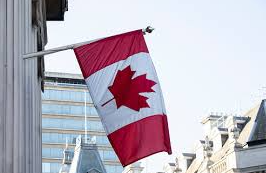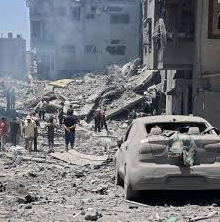
Move Seen as Blackmail by Belarusian Opposition
Russian President Vladimir Putin has announced that Moscow will deploy tactical nuclear weapons to Belarus next month, a decision criticized by the Belarusian opposition as a tactic to intimidate the West. During a meeting with Belarusian President Alexander Lukashenko, Putin stated that facilities for the nuclear weapons are expected to be completed by July 7-8, after which the weapons will be transferred to Belarus.
This development comes amid heightened military activity as Ukraine has intensified attacks along the front lines, which some analysts interpret as the beginning of a long-anticipated counteroffensive. Russia has previously utilized Belarusian territory to launch troops into Ukraine since the conflict began on February 24, 2022.
“Everything is proceeding as planned,” Putin said in televised remarks from his residence in Sochi. He assured that preparations for the deployment would move forward immediately following the completion of the facilities.
Tactical nuclear weapons are designed for use on the battlefield against enemy troops and equipment, featuring a shorter range and lower yield compared to strategic nuclear warheads capable of devastating entire cities. Earlier this year, Putin had announced the intention to position these short-range nuclear weapons in Belarus, framing it as a response to increasing military support for Ukraine from Western nations, while asserting that Russia would maintain control over the weapons.
The exact number of nuclear weapons to be deployed has not been disclosed, but U.S. estimates suggest that Russia possesses around 2,000 tactical nuclear weapons, which include aircraft-delivered bombs, warheads for short-range missiles, and artillery shells.
Sviatlana Tsikhanouskaya, the exiled leader of the Belarusian opposition, condemned the deployment plan. “Putin and his puppet Lukashenko are planning to deploy nuclear weapons in Belarus immediately before NATO’s summit in Vilnius in July,” she stated. “This is a rude blackmail, an attempt to force Europe to back down, but we can’t allow dictators to dodge punishment for their nuclear threats.”
Lukashenko, who has been in power for nearly three decades, has depended on Russian support to withstand ongoing protests, mass arrests, and Western sanctions following a 2020 election widely regarded as fraudulent.










